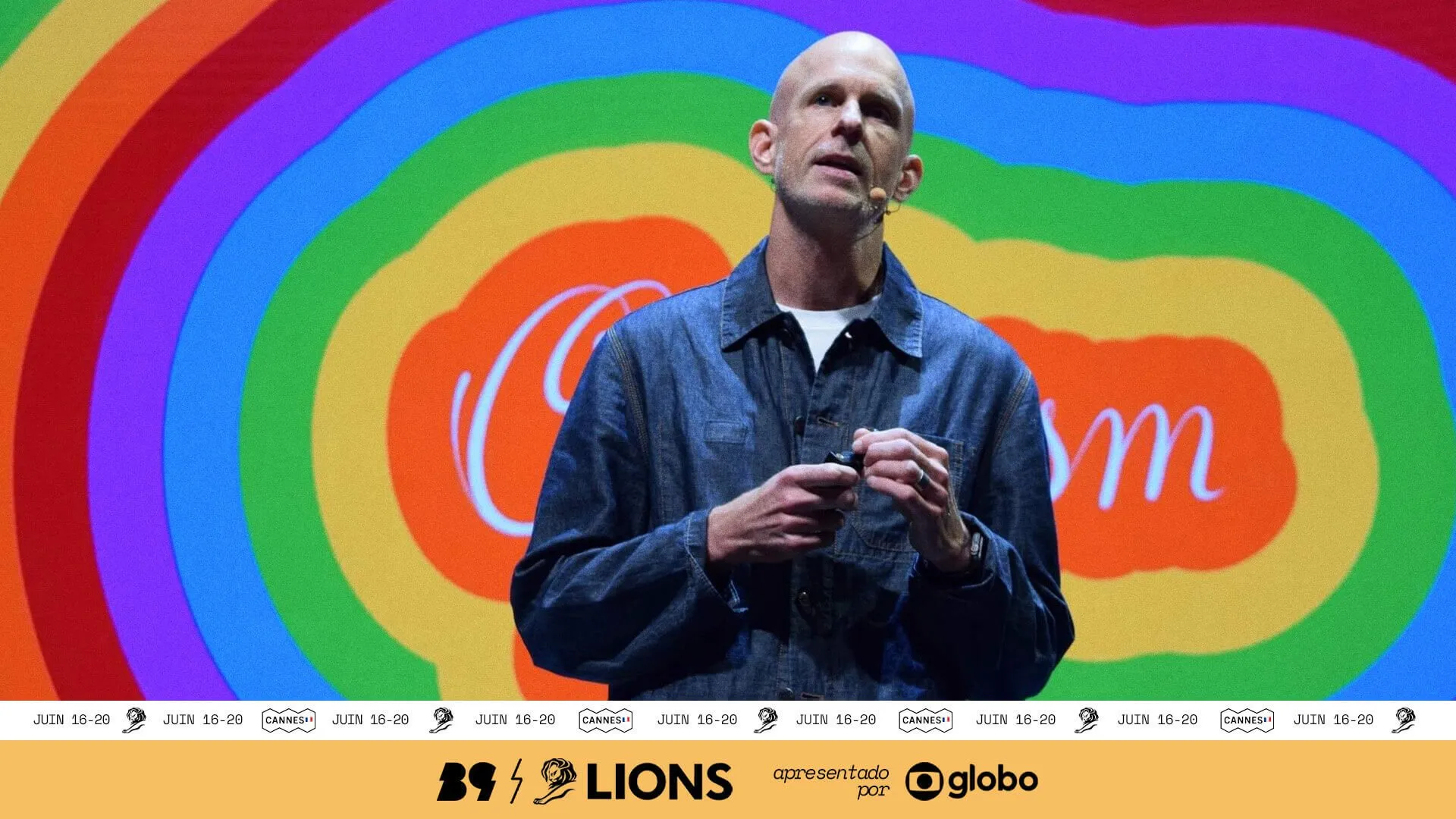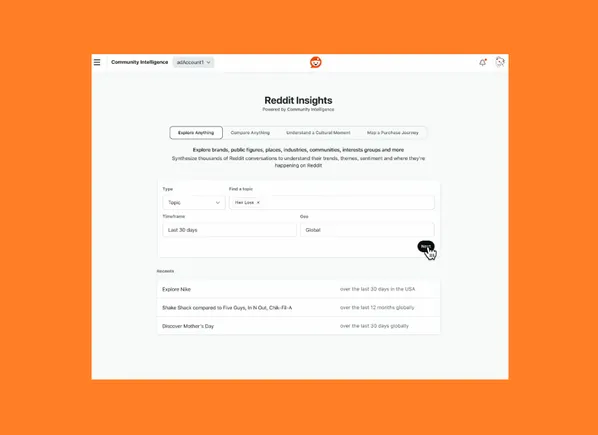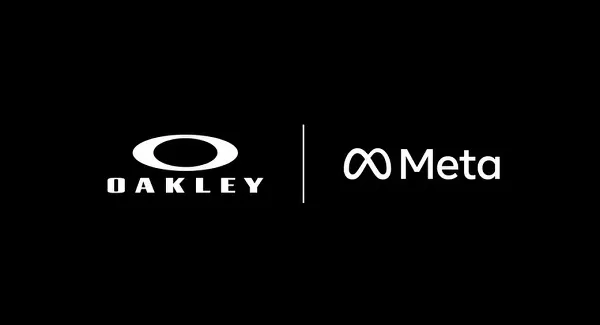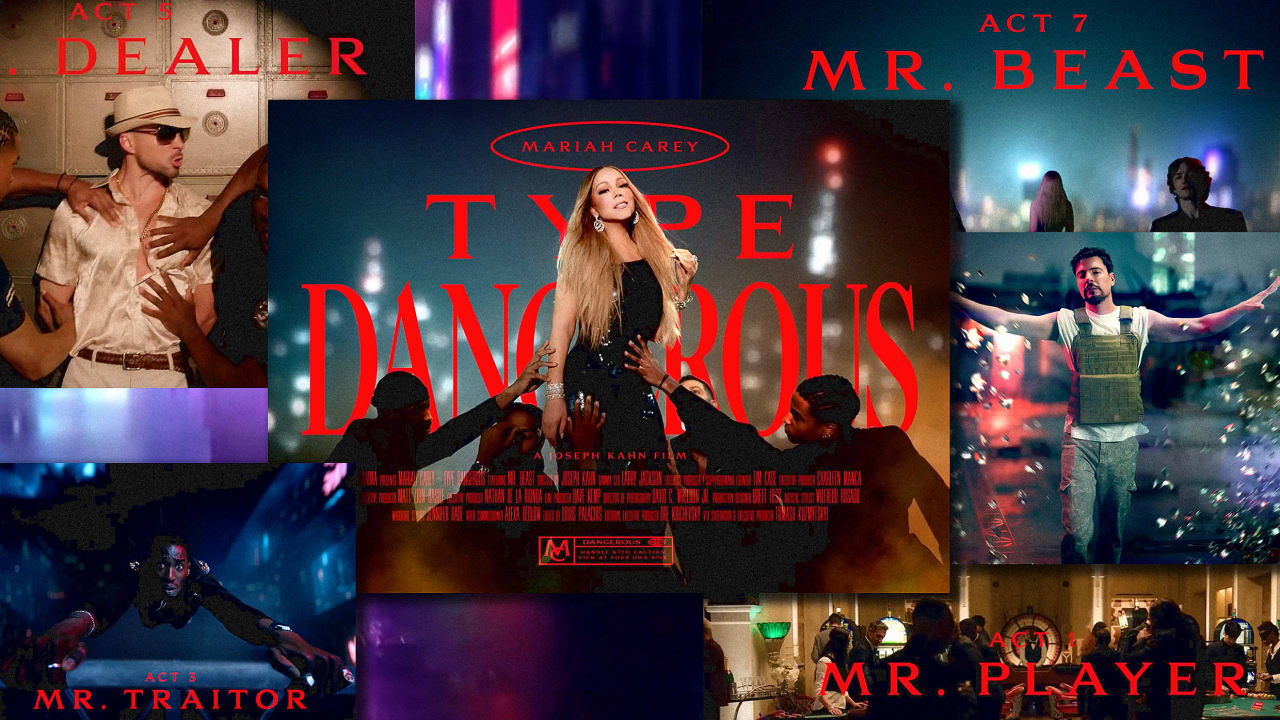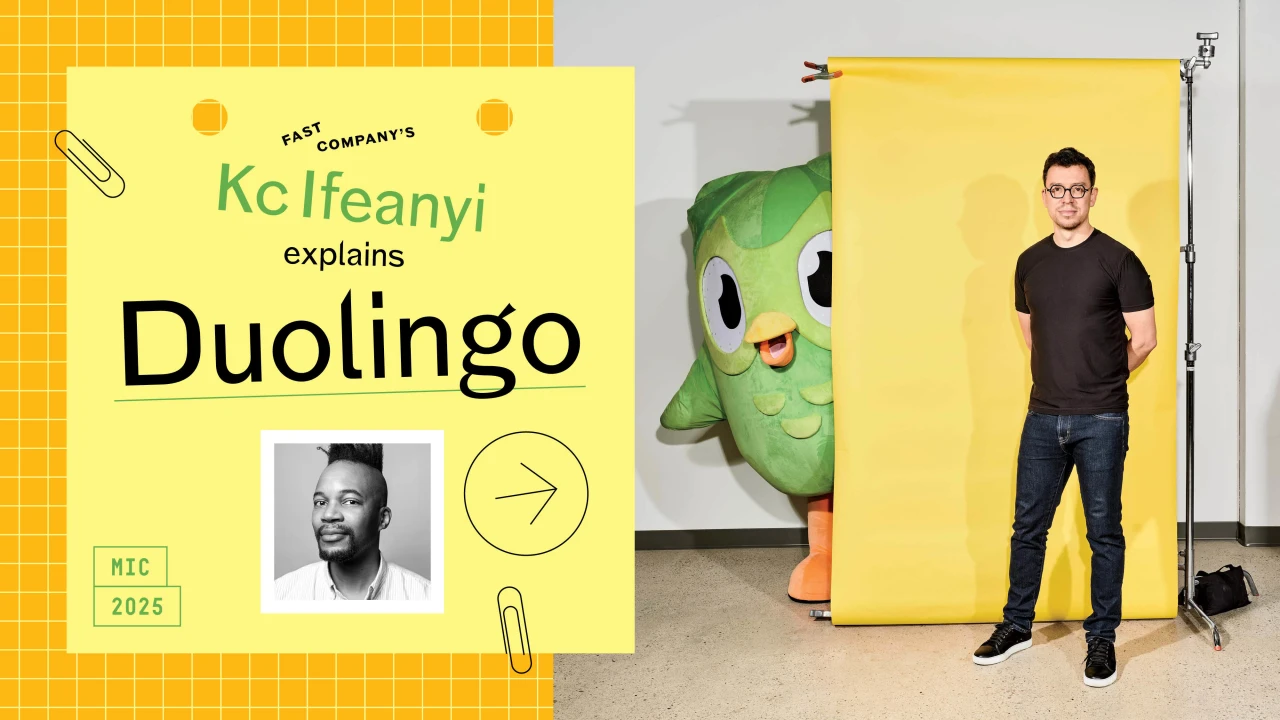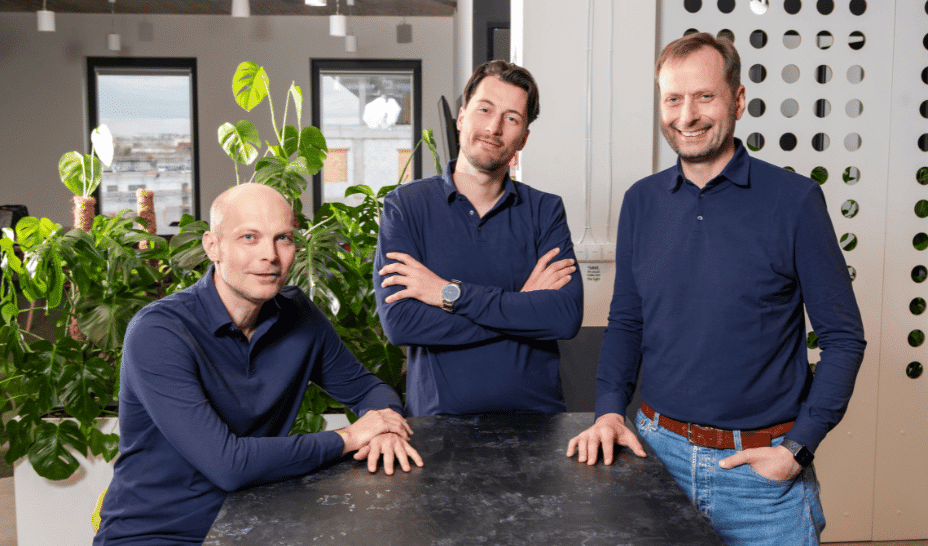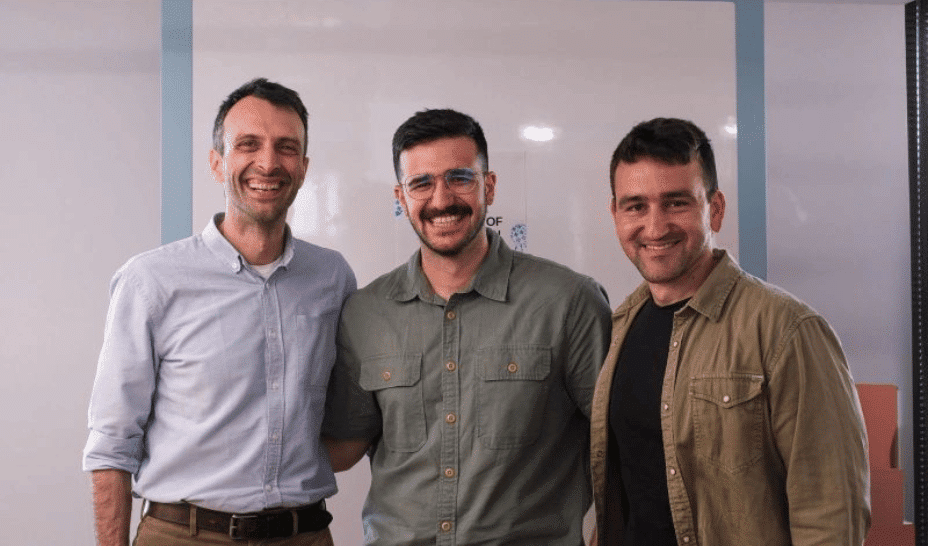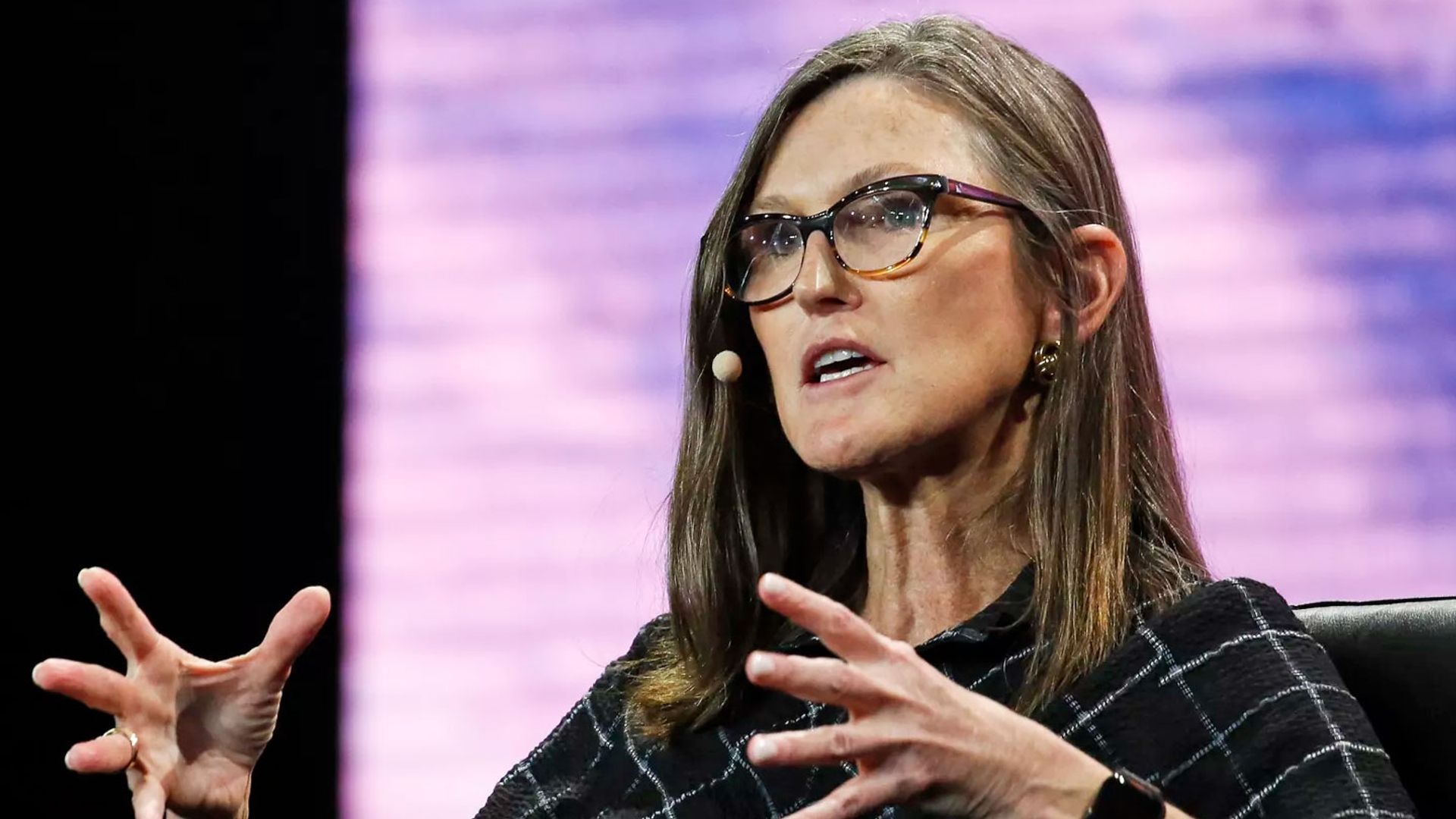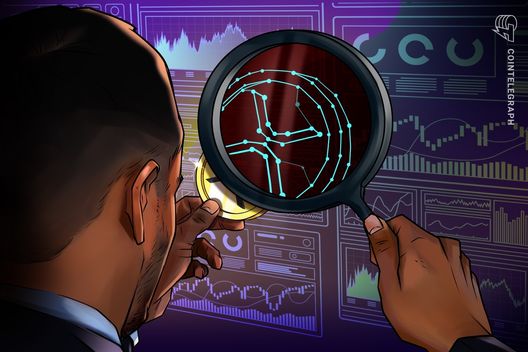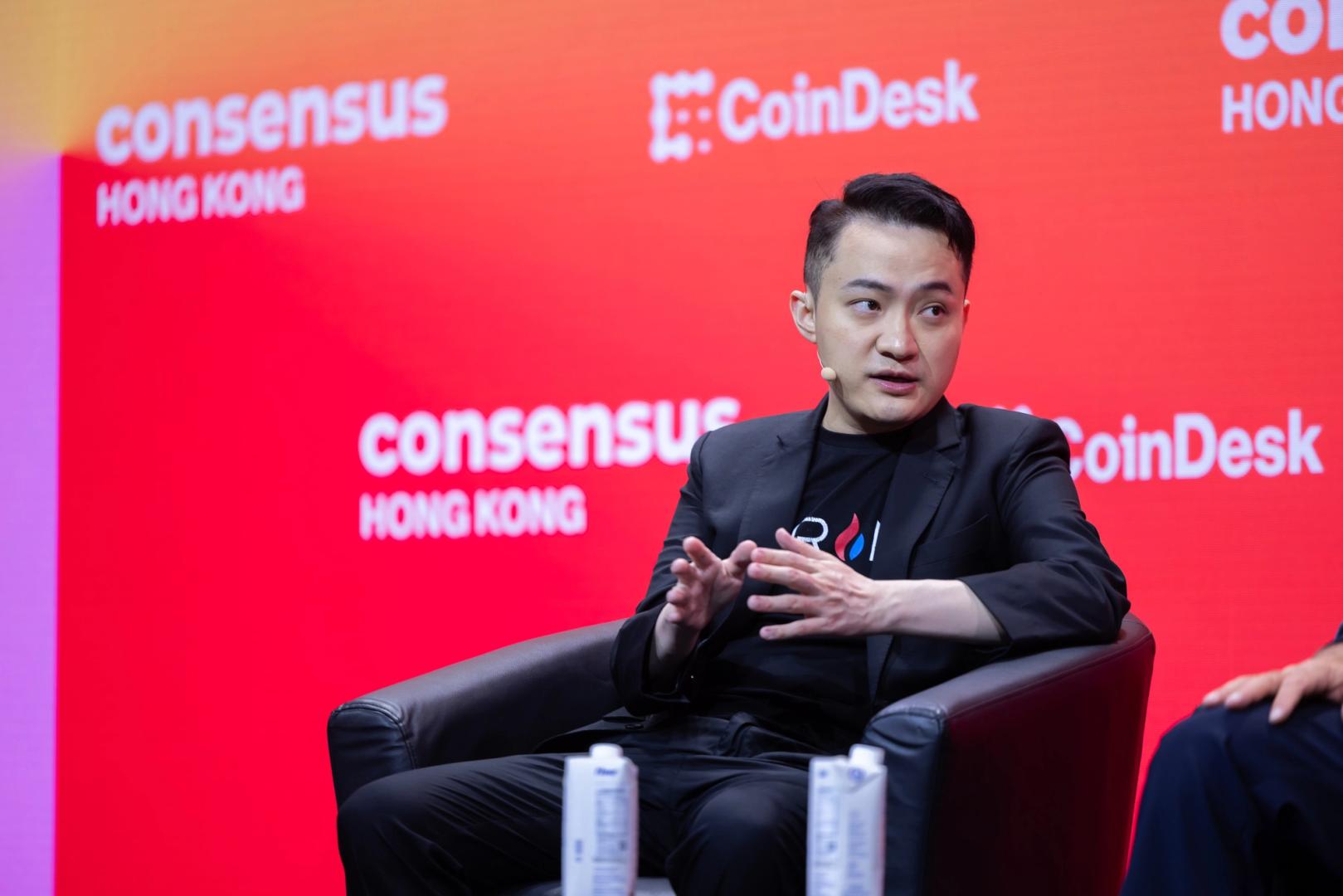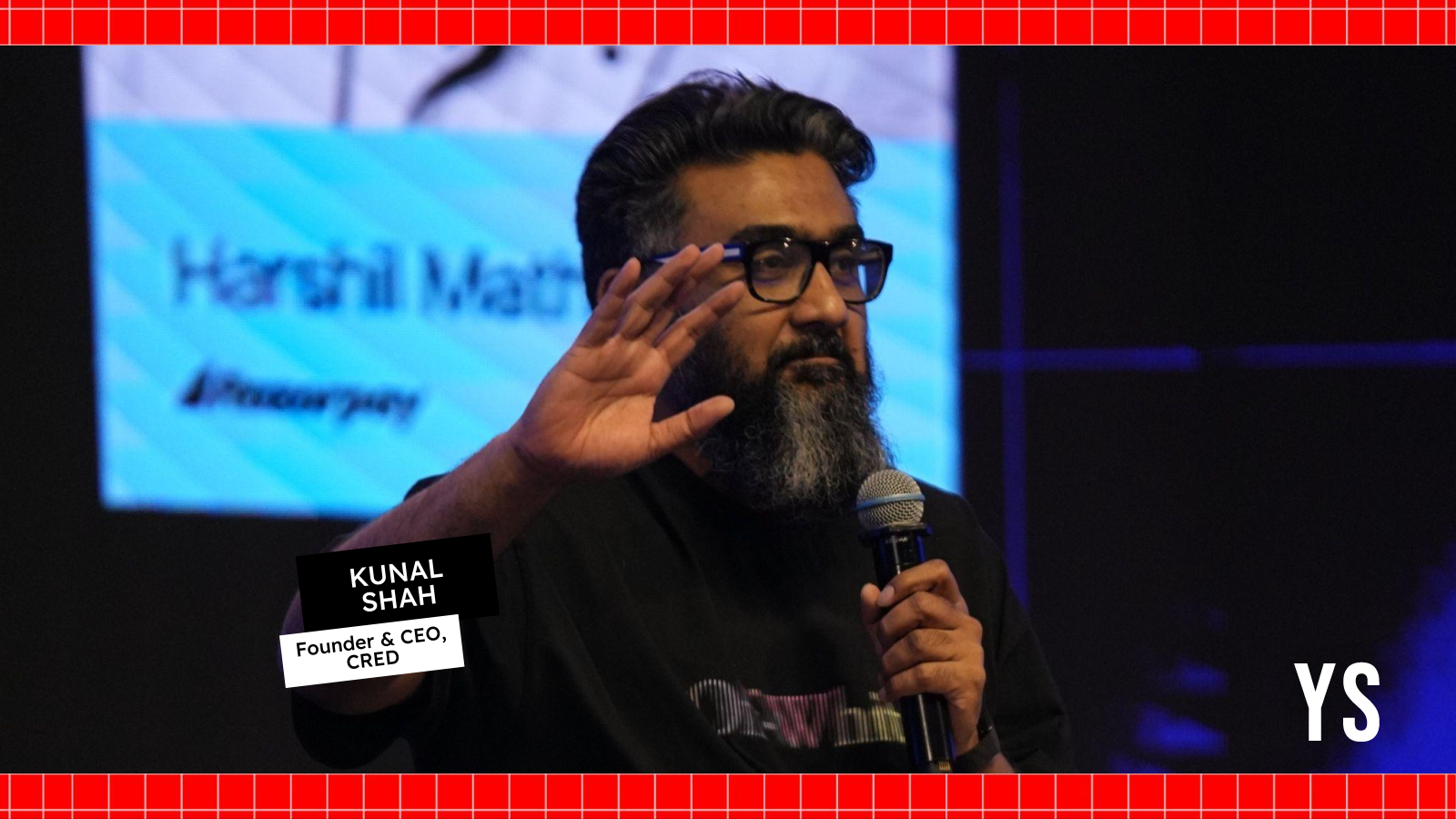Empowering the next generation: Key learnings from a conversation on AI skills and the future of work


Artificial Intelligence is no longer confined to research labs or the hands of a few tech elites. It’s shaping the way we work, learn, and interact, transforming industries and touching nearly every aspect of modern life. From customer service chatbots to predictive analytics in sales, AI is quickly becoming a foundational skill for the workforce of tomorrow.
Recognising this shift, Microsoft and YourStory came together to host a webinar titled “Empowering the Next Generation: AI Skills for Tomorrow's Leaders”, aimed at helping students, professionals, and educators understand how to navigate the AI economy. Moderated by Sangeeta Bavi, COO of YourStory Media, the session featured an insightful conversation between Somanna Palacanda, International Social Impact Leader at Microsoft Philanthropies, and Sunita Mohanty, President and Chief Revenue Officer at UpGrad. The session unpacked what AI means for students and young professionals today and how they can prepare to lead in an increasingly intelligent world.
Over the hour, three powerful themes emerged—each offering a distinct takeaway for anyone looking to stay relevant in a rapidly evolving AI-driven economy.
AI is for everyone, but application is the key
Both speakers drove home a crucial point: AI isn’t just for coders or computer scientists. It’s becoming essential across functions, from finance and sales to HR and logistics.
Mohanty described AI as a “great leveller”, lowering the floor and raising the ceiling for innovators and entrepreneurs alike. “You don’t need to come from an IIT or know Python to work with AI,” she said. “It’s about understanding how to apply AI tools in your domain, whether it’s marketing, operations, or hospitality.”
Palacanda reinforced the shift from AI being exclusive to becoming democratised. He noted that Microsoft’s AI Skills Navigator is built to reflect this reality, offering learning paths for amateurs, professionals, and even educators. “We must open the aperture,” he said. “You don’t need a computer science degree to learn AI. Our goal is to ensure access to skills, not just information.”
Continuous learning is the currency of the future
With job roles constantly evolving and new opportunities emerging in prompt engineering, AI strategy, and data ethics, both speakers emphasized that staying relevant is a matter of mindset more than credentials.
Reflecting on her own journey, Mohanty said, “The way we did certain things yesterday may not work tomorrow. You’ve got to unlearn, stay open-minded, and get your hands dirty. Start small, and think: how can I do this smarter?”
Palacanda shared how his own career had spanned sales, marketing, engineering, and global strategy, not because of formal retraining, but because of sustained curiosity and courage. “I hire people not just for their experience, but for their capabilities. The 5Cs—courage, curiosity, creativity, compassion, and communication—are the new must-haves in the world of AI,” he said.
The idea that AI will replace jobs was also challenged. Instead, the speakers argued, it will reshape them , and those who evolve with it will have an edge.
Responsible AI is not optional, it’s fundamental
With great power comes great responsibility and that includes the power of generative AI. Both speakers spoke about the ethical dimensions of AI and the need for users to understand bias, intent, and the consequences of automation.
Mohanty emphasized that “machines can give you output, but it’s humans who must decide what benefits the greater good.” She added that today’s AI models must be trained with quality data and guided by guardrails that reflect fairness, transparency, and safety.
Palacanda echoed the sentiment. “We all have a moral responsibility not just to create with good intent, but to identify and report misuse when we see it. Understanding deepfakes, bias, and malicious actors is now part of being digitally literate.”
A final call to action
As the conversation drew to a close, both speakers offered one final piece of advice: don’t wait for someone to tell you to start. Explore AI foundational courses, experiment with tools, and begin applying what you learn in real-world scenarios, even small ones.
Whether it’s Microsoft’s AI Skills Navigator or programs tailored by UpGrad for different job functions and industries, the resources are there. What’s needed now is intent, initiative, and imagination.
Because in an age where intelligence is everywhere, those who thrive will be the ones who ask better questions and act with purpose.


